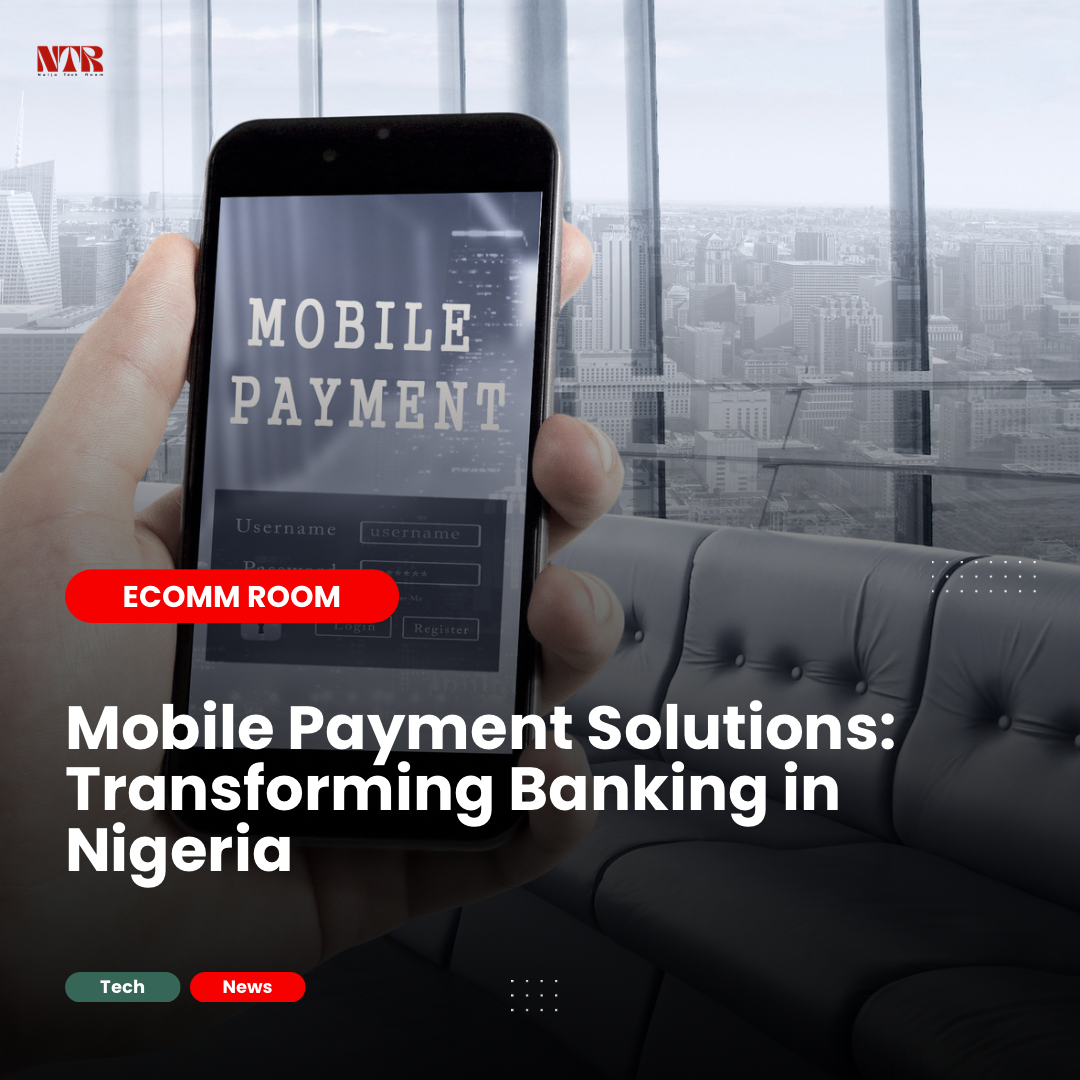Mobile payment solutions have played a pivotal role in reshaping the banking landscape in
Nigeria, ushering in a significant technological transformation that has deeply affected the
way financial transactions are executed. This shift has brought about enhanced accessibility,
convenience, and broader financial inclusion. Let’s explore several critical facets of how
mobile payment solutions have revolutionized the banking sector in Nigeria:
- Enhancing Financial Inclusion: Mobile payment solutions have played a pivotal role in
broadening financial inclusion in Nigeria. They have empowered many individuals
who were previously excluded from traditional banking services to actively participate
in the formal financial sector. Consequently, this has contributed to a reduction in the
number of unbanked and underbanked individuals in the country. - Enhancing Accessibility: Mobile payment platforms have become readily accessible
to a diverse demographic, including those residing in remote areas with limited
banking infrastructure. This accessibility enables Nigerians to engage in financial
transactions and access banking services seamlessly through their smartphones,
reducing the necessity for physical visits to brick-and-mortar banks. - Unparalleled Convenience: Mobile payments have introduced an unprecedented
level of convenience into financial transactions in Nigeria. Nigerians can effortlessly
settle bills, transfer funds, make purchases, and even access credit services with just
a few taps on their mobile devices. This has streamlined everyday financial
transactions, rendering them more efficient and user-friendly. - Cost-Efficiency: Mobile payment solutions have substantially curtailed the costs
associated with traditional banking practices, such as expenses related to travelling
to physical bank branches or ATM fees. This cost reduction is advantageous for both
consumers and businesses, rendering transactions more economical. - Emphasis on Security: Modern mobile payment platforms prioritize security by
employing encryption and authentication measures to safeguard users’ financial data.
This robust security approach has fostered trust among users and assuaged
concerns regarding the safety of digital transactions. - Stimulating Economic Growth: Mobile payments have been a catalyst for economic
growth in Nigeria by facilitating online commerce and enabling small and
medium-sized enterprises (SMEs) to embrace digital payments. This, in turn, has
broadened business prospects and revenue streams. - Government-Backed Initiatives: The Nigerian government has taken an active role in
promoting mobile payment solutions as part of its broader financial inclusion agenda.
Initiatives like the National Financial Inclusion Strategy (NFIS) have further
accelerated the adoption of digital financial services. - Fintech Innovation: The ascent of mobile payments has ignited a wave of innovation
within Nigeria’s fintech sector. Both startups and established financial institutions are
continually devising novel services and features to cater to the evolving demands of
users. - Reduced Reliance on Cash: Mobile payments have curbed the dependency on
physical cash in Nigeria, alleviating issues associated with cash handling, including
counterfeiting and theft. This transition toward digital payments has contributed to a
more transparent and accountable financial ecosystem. - Leveraging Data Insights: Mobile payment platforms generate invaluable data that
can be harnessed for customer analytics, risk evaluation, and the development of
tailor-made financial products. This data-centric approach enhances the ability of
financial institutions to serve their customers effectively.
In summary, mobile payment solutions have wielded a transformative influence on the
banking landscape in Nigeria. They have extended the reach of financial services, amplified
accessibility, and ushered in an era characterized by unprecedented convenience and
security. As mobile technology continues to evolve, the Nigerian banking sector is poised to
witness further innovations and expansion in the realm of digital finance.
























